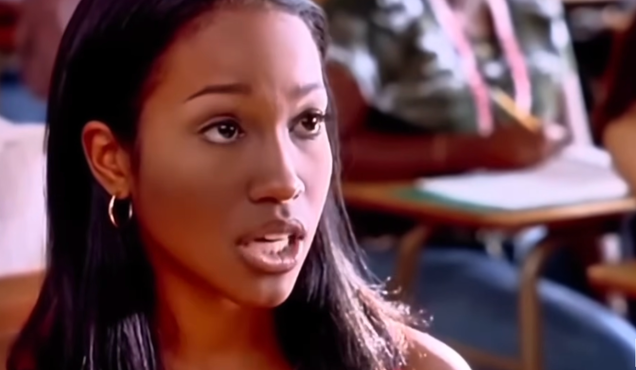In the late 1960s, America was a bubbling cauldron of change. Among the vivid threads woven into the complex fabric of that era was a group that would leave an indelible mark on the country’s narrative - The Black Panther Party.
Founded in 1966, the Black Panther Party emerged from the underbelly of societal angst, battling the status quo and advocating for Black rights in America. Unpacking the legacy of the party requires us to go beyond surface-level assumptions and delve deep into its history and ideologies.
The Emergence of a Radical Idea
Underneath the surface of racial unrest, two charismatic and forward-thinking individuals, Huey P. Newton and Bobby Seale, conceived the idea of the Black Panther Party. Their vision? To ensure African American communities had a say in their destinies. More than that, they wanted a world where racial and social justice weren't abstract concepts but a living, breathing reality.
The Ten-Point Program
Perhaps the most remarkable aspect of the party was the Ten-Point Program - a manifesto of sorts that advocated for fundamental human rights. It demanded an end to police brutality, fair housing, and access to quality education and employment. These ten points served as the party's backbone, shaping its ideology and goals.
Breakfast and Books
The Panthers were more than militant activists; they were a service to the community. Their free breakfast program, which provided healthy meals to children, was an emblem of their dedication to community development. The party also emphasized education, believing that knowledge was the key to true freedom.
The Controversial Image
No discussion about the Black Panther Party is complete without addressing the controversy surrounding them. Their revolutionary approach, featuring armed patrols to monitor police activity, attracted significant criticism and government surveillance. Yet, it's important to remember that they were born from a society that did not protect or value all of its members equally. They saw themselves as guardians, willing to fight for the rights and dignity of the Black community.
The Legacy Lives On
Today, the legacy of the Black Panther Party lives on. They forced a crucial dialogue about race and justice - a dialogue that continues today. Their influence can be seen in movements like Black Lives Matter, which echoes their call for racial equality and social justice.
In sum, the Black Panther Party was more than an organization. It was a symbol, a movement, and a call to arms that reverberates even today. They challenged the notion of what was possible, what was acceptable, and what was necessary. They were a testament to the spirit of resistance, the power of community, and the relentless pursuit of justice.


